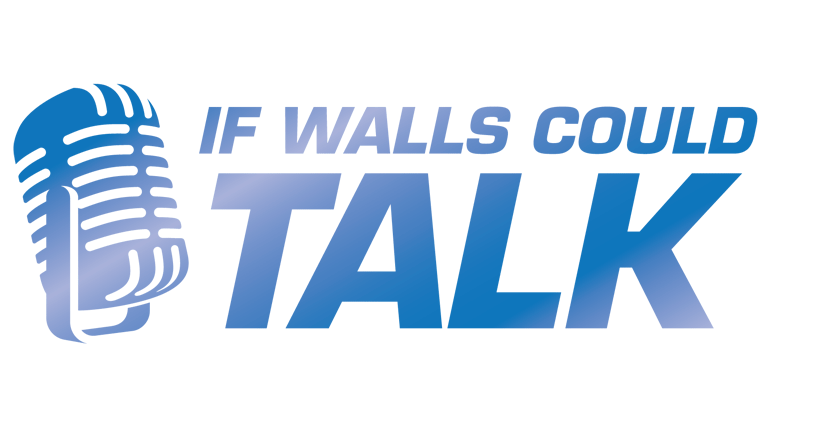Home » Multimedia » Podcasts » Walls & Ceilings 'If Walls Could Talk' » Episode 151: Safety Incentives – Could This Limit Proper Reporting?
Walls & Ceilings 'If Walls Could Talk'




A Big Move: Trim-Tex Acquires Plastic Components
00:0000:0000:00
00:00

Unlocking Opportunites: EIMA’s Grant & 2025 Annual Meeting
00:0000:0000:00
00:00

Education and Understanding in the Trade Show Season
00:0000:0000:00
00:00


Connect with the industry’s leading resource for unparalleled insights and education.
Join thousands of industry professionals today. Shouldn’t you know what they know?
JOIN NOWCopyright ©2025. All Rights Reserved BNP Media.
Design, CMS, Hosting & Web Development :: ePublishing


 The recent episode of If Walls Could Talk delves into effective strategies for limiting the impact of wildfires, as seen in the context of the recent Hawaii fires. In conversation with Trent Cotney, partner at Adams & Reese, the discussion highlights the importance of adapting building codes, particularly emphasizing the significance of building materials in the Wildland-Urban Interface (WUI) standard. Furthermore, the episode sheds light on the complexities of enforcing safety incentives, touching upon the necessity of a holistic approach beyond mere disciplinary actions. Cotney also addresses the challenges arising from discrepancies between city, state, and federal heat standards in the construction industry.
The recent episode of If Walls Could Talk delves into effective strategies for limiting the impact of wildfires, as seen in the context of the recent Hawaii fires. In conversation with Trent Cotney, partner at Adams & Reese, the discussion highlights the importance of adapting building codes, particularly emphasizing the significance of building materials in the Wildland-Urban Interface (WUI) standard. Furthermore, the episode sheds light on the complexities of enforcing safety incentives, touching upon the necessity of a holistic approach beyond mere disciplinary actions. Cotney also addresses the challenges arising from discrepancies between city, state, and federal heat standards in the construction industry.